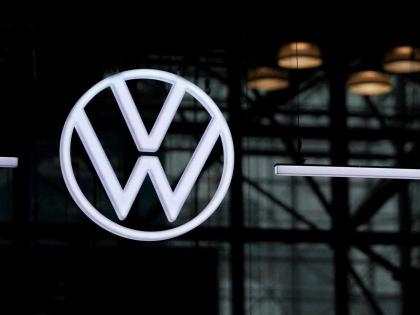Volkswagen Seeks Local Partners to Overcome Challenges in Indian Market
By Lokmat English Desk | Updated: July 2, 2024 13:02 IST2024-07-02T12:57:06+5:302024-07-02T13:02:13+5:30
Volkswagen, the world's largest car manufacturer, has struggled to establish a significant presence in India. Despite investing a substantial ...

Volkswagen Seeks Local Partners to Overcome Challenges in Indian Market
Volkswagen, the world's largest car manufacturer, has struggled to establish a significant presence in India. Despite investing a substantial $2 billion, the company has failed to make a lasting impact. This has led Volkswagen to seek local partners in India to navigate the market more effectively. The company’s difficulties in selling its highly technical European vehicles in India have prompted it to consider launching more affordable models.
However, with the initial investment not yielding the desired results, Volkswagen is reevaluating its strategy. This situation echoes the challenges faced by other automotive giants like General Motors and Ford, both of which eventually exited the Indian market after failing to gain traction. Notably, Ford attempted to sell its business to Mahindra before pulling out of India entirely.
Two years ago, similar concerns were raised about Skoda, a brand under the Volkswagen Group, though the company dismissed them as rumors at the time. Klaus Zellmer, the global CEO of Skoda Auto, recently hinted at the complexities of the Indian market. He criticized the government's push for electric vehicles, arguing that the transition from fuel cars to green engines is taking time in India. Zellmer suggested that reducing taxes on hybrid engines could be beneficial.
"We have been in India for the past 20 years but have not been on the right track," Zellmer stated. "If we find the right partner, we can learn from each other." Mahindra is reportedly leading the race to partner with Volkswagen. Zellmer also highlighted that European cars are often "over-engineered," which drives up costs unnecessarily in the Indian market. "Over-engineering always comes with a price tag, making our vehicles expensive compared to others in India. This set us back. We need to learn," he added.
Open in app